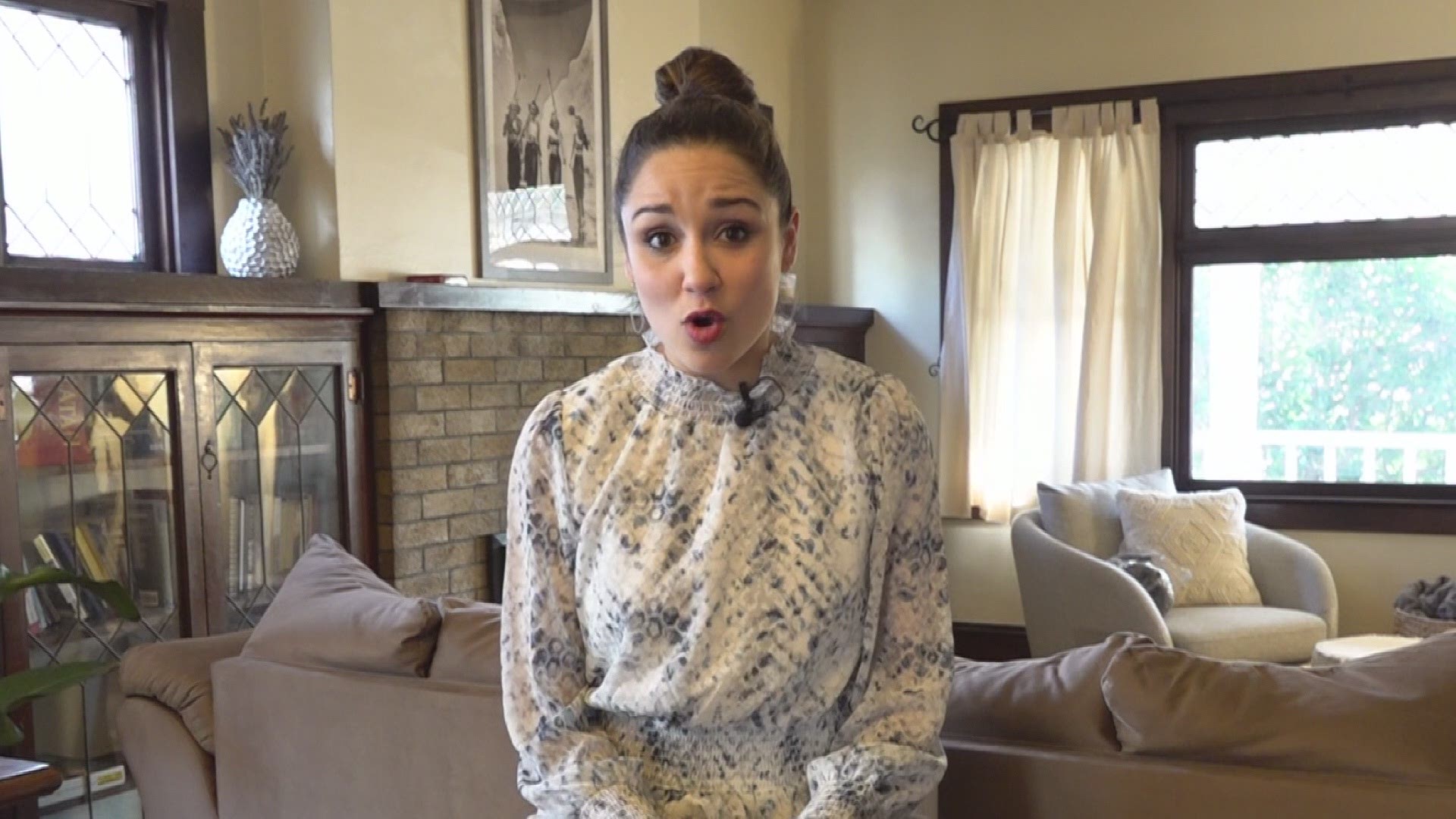PORTLAND, Ore. — Incidents of domestic violence have increased during the COVID-19 pandemic.
Survivors can't always reach out for help or leave a dangerous situation. Since the first week of stay home orders, domestic violence advocates have said staying home isn't safe for everyone.
For many survivors of domestic abuse, home has become even more unsafe under all the stress, uncertainty and trauma of this past year.
"Perpetrators of intimate partner violence manipulate what is available to them in order to establish power and control over their victims, the survivors, and this year has provided a whole new structure of isolation," Raphael House of Portland Executive Director Emmy Ritter said. "We’ve definitely seen an increase in desperation and in need that survivors have requested on the line."
Victims are away from support systems, and often home all day with their abuser who's working remotely, or not working at all.
"Financial and social isolation are tools that abusers use to gain more power and control over their partners," Call to Safety Sexual Assault Services Director Cecilia Wolfe said, "Those patterns are just heightened because of the social and financial situations the pandemic has caused."
Call to Safety's 24-hour crisis line saw an initial spike last March, then some fluctuation and continued increases as calls remained high.
Other crisis lines and organizations are also seeing a greater need for services surrounding domestic violence resources, vouchers for shelter, transportation, financial help, counseling and more.
"What people were calling for was different," Domestic Violence Resource Center Housing Director Amanda Burnett said, "We obviously saw a huge uptick in people who experienced domestic violence but whose primary concern is COVID. So questions about rental assistance, financial assistance, questions about how to just safely plan to stay."
"We've had many many more people calling saying, 'Look, I can’t get out, I know I can’t get out. There is nowhere to go. But how do I do that safely?'" Burnett added.
Domestic Violence Resource Center, Call to Safety and Raphael House of Portland all say more people are asking about safety planning.
They also note there are fewer resources available to survivors right now during the pandemic; for example, some shelters had to reduce capacity due to COVID.
Organizations providing shelter and services say fewer people are leaving abusive situations. Not only are people fearful to spread or get the coronavirus from friends and family, but there is a great deal of instability around paying rent, the current eviction moratorium, and unemployment.
Those who are leaving for shelters are single rather than parents with kids, who don't feel as safe staying in shelters with the virus still spreading.
Ritter said deciding whether to go to a congregate shelter and put their family at risk of contracting COVID-19 is a major factor in whether someone leaves an abusive relationship at this time.
"Or do I stay with this very dangerous situation but that I know how to navigate, I know my safety planning. It’s a known danger. It’s two pandemics," Ritter said.
In many cases, survivors can't call in the first place, with their abuser watching their every move under one roof all day. It's led to less safe opportunities to seek out help anywhere.
"When the world feels out of control these people are doubling down in the home life so survivors are having even more trouble accessing services," Burnett said.
But as the world opens up more in the coming months, advocates think more survivors will reach out for help, and they're preparing for it.
"We're expecting a big rush of families who are finally able to take those steps and get safe," Burnett added.
These organizations' crisis lines aren't only for survivors. If you know someone who's in an abusive situation they encourage you to call for help. And, of course, check in on the people in your life.
The Raphael House's Hotline number is (503) 222-6222.
The Domestic Violence Resource Center's number is 503-469-8620.

